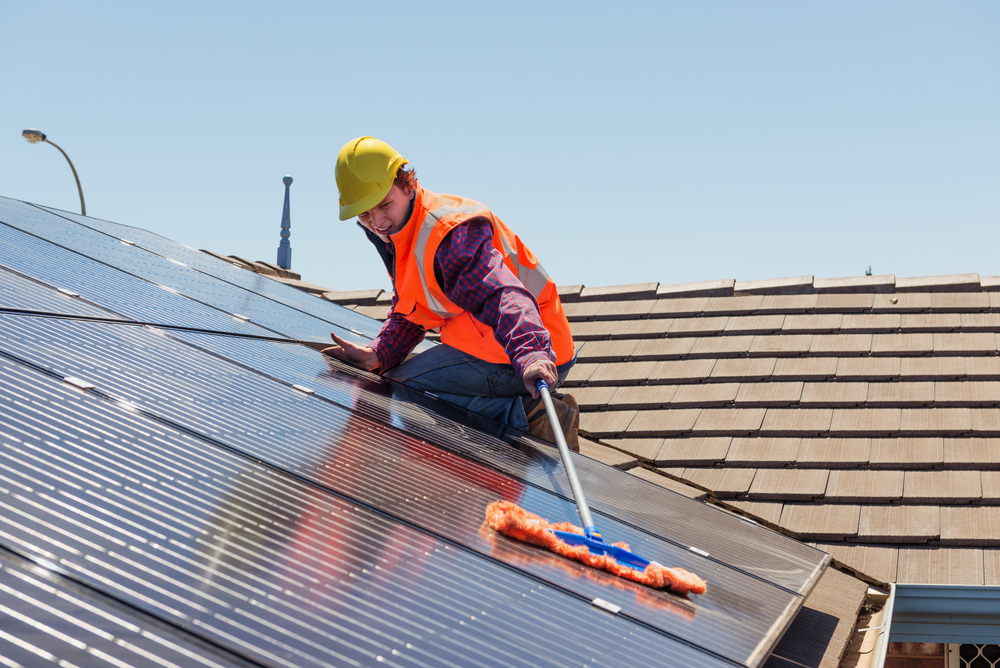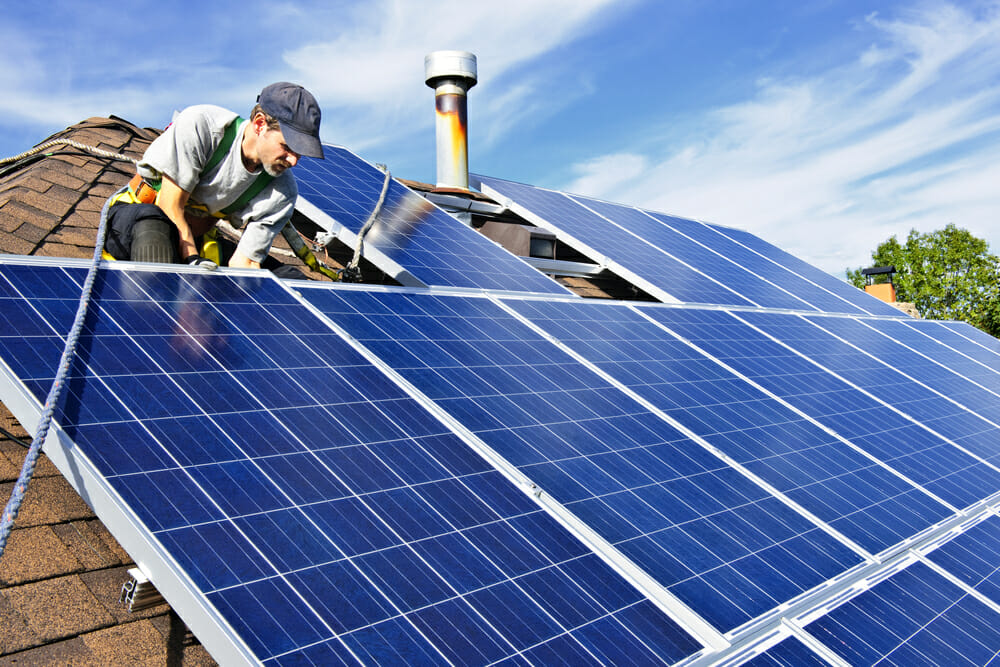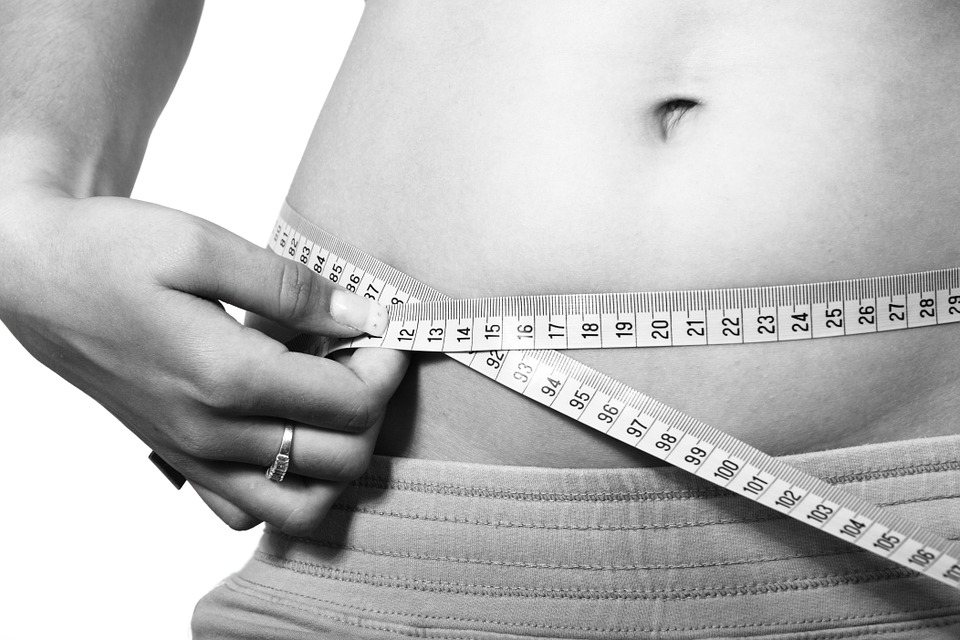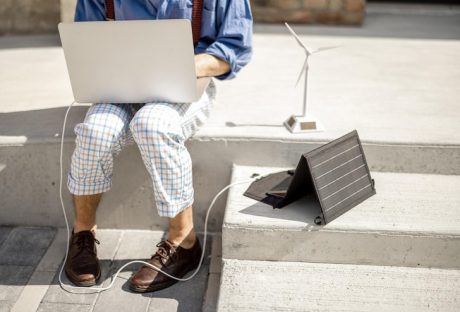Summer is done, and you can already see it by the drop in temperatures and the duration of the day. With shorter days also comes the reduced amount of sunlight during a 24 hour period, which worries some solar panel owners.
Some people aren’t sure how effective their solar panels will be during the colder period of the year. However, as experts from Action Solar assure us, panels work just fine throughout the year; all you need to do is make sure that you optimize them for the season. Here’s how.
Clean Your Panels:
No matter how many panels you have, they are exposed to the elements all the time, and naturally, they get dirty.
However, solar panels are quite durable and strong, meaning that you don’t need to clean them very often and even when you do, you don’t need to go into too much detail.
In fact, if you clean them too often, you might damage them, so it’s better to give them a cursory sweep every month or so and be done with it.
Removing debris like leaves and branches are more important than dusting them, as most solar panels only lose about 7% of their effectiveness when dirty, as researchers from the University of California in San Diego found out.
Adjust the Tilt:
During the summer, the sun falls more directly to the ground, meaning that your solar panels will absorb a lot of the sunlight even without careful positioning.
However, as summer transitions into the fall and eventually winter, the sun will shift and the rays will fall in a more tilted angle.
So, if you want to use as much of the sunlight as possible, you will need to adjust your panels accordingly. Naturally, you should not do this on your own, but rather invite professionals to do it for you. Not only are they skilled in handling solar panels, but they will be able to calculate the optimal tilt and positioning of your panels.
The best solar companies in California recommend realigning your solar panels at least twice a year in order to maximize the productivity of your panel throughout the year and not just in summer. However, if you include the fall and spring adjustment as well, you will be able to actually bring out the maximum from your panels.
Deal with the Decreased Output by Saving Energy:
During the summer, days are longer and usually sunnier than any other part of the year. That’s great news for your solar panels because they will be able to produce more energy.
That being said, you probably spend a lot of electricity just by running your AC all day.
In the fall, on the other hand, you don’t need your AC and the days are still relatively long. So, you will be able to produce a lot more energy which you won’t immediately spend. This is the time when you will be able to bring your electricity bill down by a noticeable margin.
However, as fall progresses, the days will be shorter, which means that you may need to cut some unnecessary electricity spending if you want your bill to remain low; that is until winter rolls around, and you need to fire up your furnace.
The technology behind solar panels is improving every day, and the time when solar panels only used to be productive in the summer are long gone.
Read Also:






















